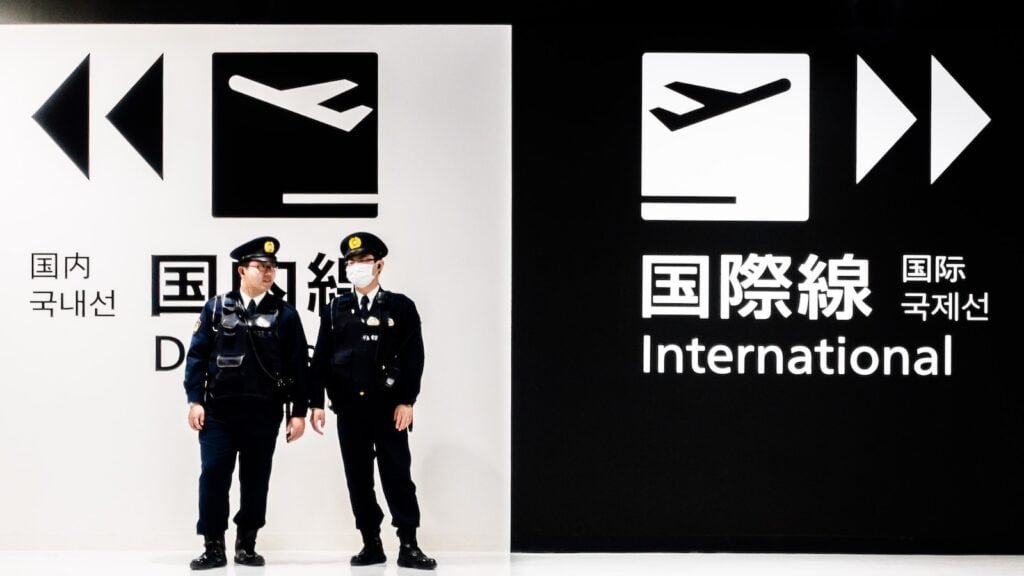As of April 2023, Japan travel restrictions have significantly relaxed, making it more accessible for tourists from around the world. Here are the key points you should know if you’re planning to visit Japan:
Entry Requirements and Restrictions
Visa-Free Travel: Japan now allows visa-free, independent travel for most nationalities. This includes around 70 countries such as Australia, the United States, and all European Union nations, allowing visitors to stay for 90 days with a valid passport.
COVID-19 Protocols: There are no COVID-19 specific entry requirements. Travelers are not required to present proof of vaccination or a negative COVID-19 test upon entry.
Public Transportation
Operation: Japan’s public transportation system, including trains, is operating as normal. This is especially convenient for travelers as they can use services like the Japan Rail Pass to travel around the country.
COVID-19 Considerations: While there are no stringent COVID-19 restrictions on public transportation, individual operators may have specific guidelines or updates. It’s advisable to check the status of services like the Shinkansen (bullet train) for any temporary adjustments due to the pandemic.
Mask Usage
General Guidelines: In Japan, face masks have been a common sight even before the COVID-19 pandemic. While their use is no longer mandatory on JR trains or in most public places, masks are still widely used and recommended, especially in crowded areas or during close conversations.
Cultural Consideration: Wearing masks in Japan is also a matter of courtesy, especially when someone is feeling unwell. Tourists should be aware of this cultural norm and may want to carry a mask when exploring crowded tourist spots or using public transport.

Health Insurance and Vaccinations
Insurance: Having health insurance is advised for travelers to Japan. It’s a precautionary measure to avoid high medical costs in case of unexpected health issues.
Vaccinations: No specific health requirements are in place for traveling to Japan, but staying up-to-date with standard vaccinations is recommended. These include vaccinations for COVID-19, Flu, Hepatitis A, and B, among others.
Local Practices and Etiquette
Hand Hygiene: Regular hand washing and the use of hand sanitizers are encouraged. It’s a standard practice in Japan to maintain hand hygiene to prevent the spread of illnesses.
Crowd Etiquette: Japan is known for its dense urban areas. Tourists should be mindful of personal space and crowd etiquette, especially in places like Tokyo and Kyoto.

Accessibility and Special Requirements
Facilities for Disabilities: Japan has been improving accessibility for travelers with disabilities. This includes better access in public areas, transportation, and tourist sites.
Language Support: Many signs in public places and tourist attractions are available in English, and there are apps and guides to help non-Japanese speakers navigate the country effectively.

Safety and Local Laws
Safety: Japan is generally considered a safe country for travelers. However, it’s advisable to stay informed about local laws and customs to ensure a smooth travel experience.
Emergency Assistance: In case of emergency, travelers can reach out to the Japan Visitor Hotline for assistance in multiple languages.

Travel Advisories
Government Advisories: Different countries have issued their travel advisories for Japan, reflecting the relaxed restrictions and general safety. For example, the U.S. Department of State has downgraded its travel advisory for Japan to Level 1: “Exercise Normal Precautions”.

Planning Your Visit
Tourist Information and Assistance: The Japan National Tourism Organization provides comprehensive information for tourists, including a coronavirus hotline, available in multiple languages.
Overall, Japan is welcoming tourists with much fewer restrictions than during the height of the COVID-19 pandemic. However, it’s always advisable to check the latest information and guidelines from official sources or your home country’s travel advisories before planning your trip.





